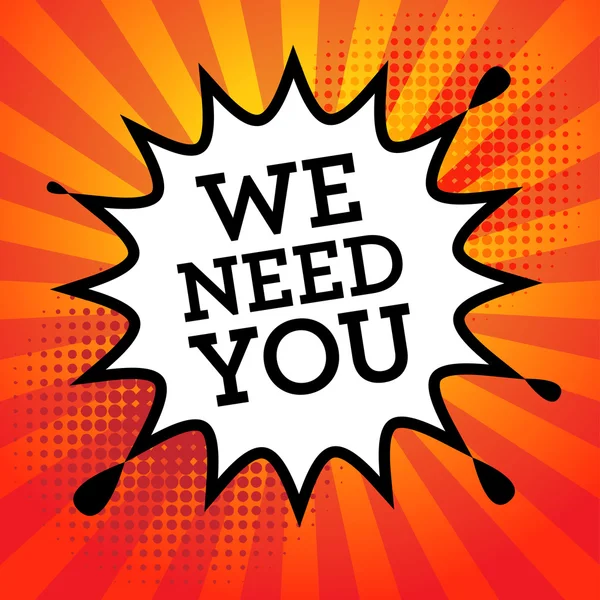
Candid Statements from OELMA Board Members
As Lisa Barnes Prince so aptly stated “OELMA has your back so now I encourage you to give back to the organization. It is a great way to serve and further your profession.”
Just how does OELMA have your back? Since 1976, OELMA has served its members through:
-
Annual conferences, even during the pandemic
-
Professional development opportunities
-
Networking with school librarians, exhibitors, authors, and speakers
-
Spectrum, a journal
-
Newsletters
-
Advocacy
-
Representation at ALA Chapter Assembly
-
Professional recognition through its awards programs
This year there are four positions open on the OELMA Board: Vice President, Treasurer, Director of Membership, and Director of Advocacy. OELMA runs on volunteers and so we are asking you to consider nominating yourself for one of the open positions.
“The OELMA Vice President serves two consecutive years,” explains current VP, Lisa Barnes Prince. “The Vice President’s duties include collaborating with the Conference chair and the Director of Teaching & Learning to plan the yearly conference. Other duties include collaborating on mutual promotion through communication and helping expand the value of an OELMA membership.” From her perspective, Lisa states, “I have thoroughly enjoyed serving as Vice President and Treasurer for OELMA. I encourage anyone who would like to grow their profession to run for the position of Vice President. Feel free to contact me directly with questions at oelma.vicepresident@gmail.com.

Former OELMA Vice President Lisa Barnes Prince
Dr. Jessica Dennison explains why she likes her position as Director of Membership, “As the the Director of Membership I get to make so many new connections across the state by talking to members across the state to see what members need. Being a voice for the members and getting to see supports put in place for members has been incredible during my two year appointment. I also have had the opportunity to grow my leadership skills and fulfill goals that are part of my district evaluation.”
As Director of Membership, Jessica answers member emails. “Typically,” she states, “my time spent on my board seat is just a few hours a month. I attend board meetings (virtual) once a month and then have occasional committee meetings. This has been incredibly helpful given my busy family life! In the last spring, I am responsible for gathering the names of nominees for open board seats. I am in charge of the nominations and regional representation committees. I also write a quarterly newsletter article, volunteer for blog posts, and prepare a monthly board reports for board meetings.”
.jpg)
OELMA Director of Membership, Dr. Jessica Dennison
Karen Gedeon, after serving as OELMA President, ran for the newly created position of Director of Advocacy. Karen highlights some the duties of the director:
-
Oversees the Advocacy Committee
-
Represents the committee on the board
-
Represents OELMA outside of the school library community.
“We have a wonderful group of effective team members who are currently working on several projects and the director will follow-up to ensure their completion.” Karen further explains, “The new Director of Advocacy will also be charged with tasks assigned in the strategic plan when that is updated later this year.”
The Advocacy Committee meets about once a month and the board meets about ten times a year. Most if not all meetings are virtual and usually last an hour to an hour and a half.
“I have grown both personally and professionally in ways I could never have imagined by serving on the OELMA board. I have learned how to work with others to make positive change and I have learned things about myself by doing things I never thought I was capable of. Being a board member is not something you do alone. It is something you do as a team and school librarians make the best team members because we know the importance of working with others. Please join our leadership team. The benefits your reap from it will be so much more than the work you put in.”

Former OELMA President Karen Gedeon
If you are interested in running for one of these positions please nominate yourself by completing the attached form. Position descriptions are listed on the form. If you have any further questions please reach out to me, Jessica Dennison at oelma.regionalrep@gmail.com.